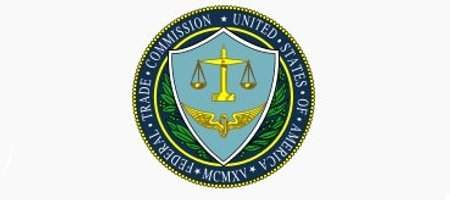The US Federal Trade Commission (FTC) has revised its official endorsement and testimonial guidelines for advertisers. The guidelines – which were last updated in 1980 – have been altered to mandate the disclosure of “important connections” between advertisers and endorsers.
“Under the revised Guides, advertisements that feature a consumer and convey his or her experience with a product or service as typical when that is not the case will be required to clearly disclose the results that consumers can generally expect,” the FTC explained in an official statement.
In addition, the revised guidelines stipulate new rules to clarify the appropriate disclosure of payments and free products.
“These examples address what constitutes an endorsement when the message is conveyed by bloggers or other ‘word-of-mouth’ marketers. The revised Guides specify that while decisions will be reached on a case-by-case basis, the post of a blogger who receives cash or in-kind payment to review a product is considered an endorsement,” stated the FTC.

“Thus, bloggers who make an endorsement must disclose the material connections they share with the seller of the product or service. Likewise, if a company refers in an advertisement to the findings of a research organization that conducted research sponsored by the company, the advertisement must disclose the connection between the advertiser and the research organization. And a paid endorsement – like any other advertisement – is deceptive if it makes false or misleading claims.”
The FTC has also cracked down on celebrities by altering its Guides to state that both advertisers and endorsers may be liable for false or unsubstantiated claims made in an endorsement.
“The revised Guides make it clear that celebrities have a duty to disclose their relationships with advertisers when making endorsements outside the context of traditional ads, such as on talk shows or in social media,” added the FTC.

It should be noted that the above-mentioned Guides are simply administrative interpretations of the law. As such, the Commission would ultimately be tasked with proving that any alleged deceptive use of testimonials or endorsements violated the FTC Act.






